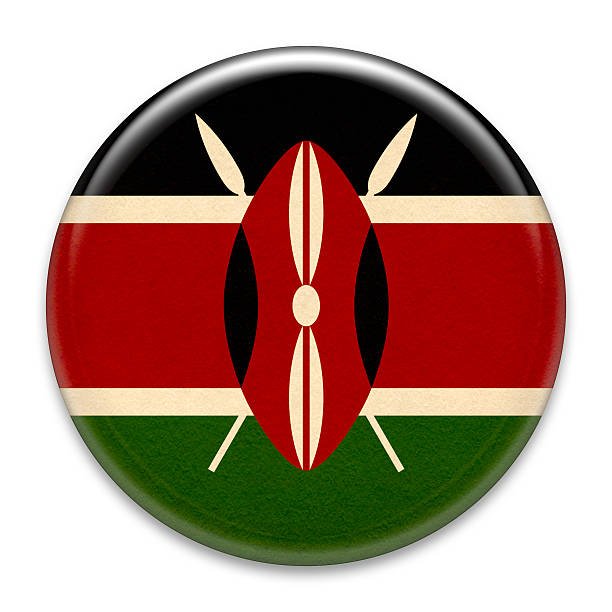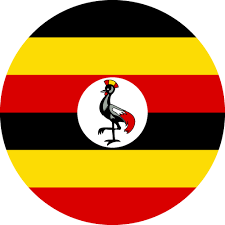Employer of record in Mali
Employer of record in Mali
Employer of record in Mali
Employer of record in Mali

Mali is a landlocked country in West Africa, known for its rich cultural heritage, historical cities like Timbuktu and Djenné, and diverse ethnic groups. It is bordered by seven countries and has a predominantly rural population. The Niger River, one of Africa’s major rivers, flows through the country, supporting agriculture and fishing. While Mali faces challenges such as poverty and political instability, it remains a country with deep traditions in music, art, and storytelling.
Employee Benefits
Paid Time Off
Annual Leave: Employees are entitled to a minimum of 21 consecutive working days of paid annual leave, excluding public holidays. Collective agreements must guarantee at least one day of paid leave for every 17 days worked or due to be paid. The length of leave increases with years of service:
- After 15 years: 2 extra days
- After 20 years: 4 extra days
- After 25 years: 6 extra days
Sick Leave: Employees are entitled to take medically certified sick leave. Additionally, up to 10 days of paid leave per year may be used for emergency situations, such as serious illness, accidents, or the death of a close relative.
Maternity Leave: Women who have worked for at least 9 months are eligible for 14 weeks of maternity leave—6 weeks before and 8 weeks after delivery. This may be extended by 3 weeks in case of medical complications. The leave is funded by the national social security system.
Paternity Leave: Male employees are entitled to 3 days of paid paternity leave, which must be taken within 15 days of the child’s birth.
Family Leave: Not specifically outlined under statutory regulations.
Public Holidays: There are 12 paid public holidays annually.
Statutory Benefits
Unemployment: Mali’s legal framework does not provide for unemployment insurance or benefits.
Workers’ Compensation: Occupational injuries and diseases are covered, including accidents during commute. Contributions range between 1% and 4% of gross payroll, depending on assessed risk levels. Contributions are based on a capped income level of 10 times the minimum monthly wage (40,000 CFA francs).
Social Security
- Employees contribute 3.6% of gross earnings for old-age pensions.
- Employers contribute up to 35% for various benefits.
- The system is based on five wage brackets with contributions calculated quarterly for businesses with fewer than 10 employees and monthly for those with 10 or more.
Retirement
Pension eligibility:
- Age 55–58 (or 53 in special cases) with a minimum of 13 years of contributions.
- Age 60 with at least 15 years of contributions under voluntary insurance.
Pensions are portable internationally if there is a bilateral agreement; otherwise, contributions are refunded. Pension value: 30% of the average quarterly salary from the last 60 quarters, plus 2% for each year beyond 60 quarters.
Healthcare: Public healthcare relies heavily on community clinics staffed by primary care providers and supported by small pharmacies supplying basic treatments and medications.
Private Employee Benefits
Workers’ Compensation: Private coverage is available in addition to the state system.
Retirement: Private pension schemes exist alongside the public system.
Health Insurance: Private healthcare and insurance plans are accessible.
Life Insurance: Private life insurance products are offered in Mali.
Personal Income Taxation
Fiscal Year: Runs from January 1 to December 31.
Rates
- Residents: 3% flat tax on taxable income.
- Non-residents: 30% flat rate on Mali-sourced income.
Tax System: Mali applies a source-based taxation method.
Double Taxation: Agreements with certain countries help avoid double taxation.
Residency Rules: You’re a tax resident if you meet any of the following:
- Reside in Mali for 183+ days annually
- Maintain a permanent home, workplace, or social ties in Mali
- Have a home in Mali despite temporary residence abroad
Payroll Practices
Payment Frequency: There’s no mandated frequency for salary payments. Employers may choose weekly, biweekly, fortnightly, or monthly schedules.
Bonuses and Gratuities: Bonuses and termination-related payments are taxed. The applicable tax rate is defined by tax regulations.
Allowances: Family allowances equal to 8% of gross payroll are funded by employers and support maternity and sickness benefits.
Benefits in Kind: Perks like housing or transportation may be included in employee contracts.
Investment Income & Capital Gains: Subject to a 30% tax under corporate income tax laws.
Payroll Deductions and Contributions
Payroll Taxes: Employers must contribute 3.5% payroll tax on each employee’s gross salary.
Social Security Contributions
- Employees: 3.6% of pre-tax salary
- Employers: Up to 35% of gross salary
- Additional employer contributions: 2% + 3.4% for disability, survivors, and old-age pensions
Minimum wage basis: 40,000 CFA francs
Maximum earnings capped at: - Monthly: 10x minimum wage
- Quarterly: 1,000,000 CFA francs
Workers’ Compensation Contributions: Between 1% and 4% depending on job risk. Same minimum and maximum earnings basis applies as with social security.
Taxable Income and Deductions
Taxable Income Includes:
- Wages and salaries
- Business income
- Investment gains
- Capital profits
Allowable Deductions:
- Income tax
- Social security contributions
































